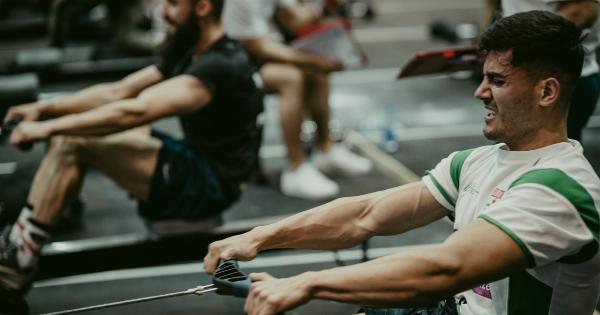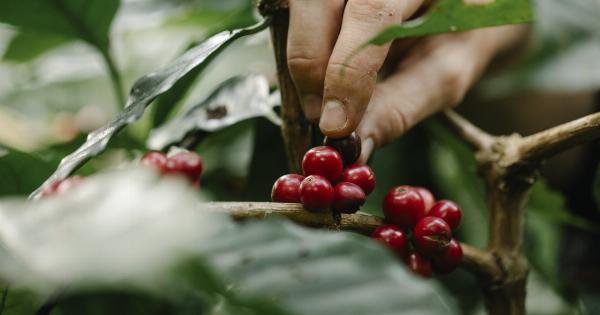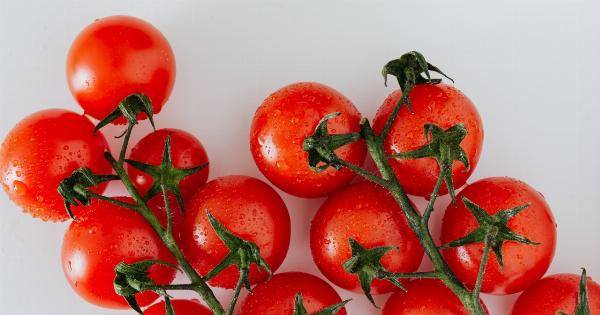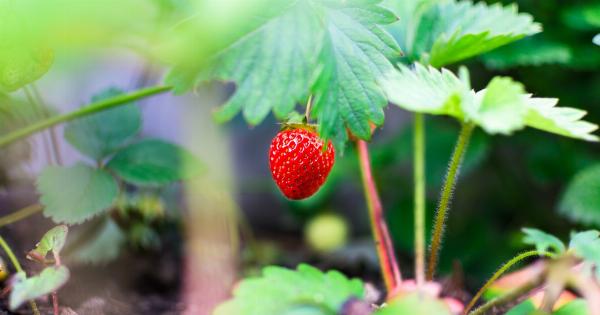When it comes to building muscle mass, protein is often considered the holy grail of nutrients. It’s no secret that meat, such as beef, chicken, and fish, is a prime source of protein for many people looking to bulk up.
However, for those following a vegetarian or vegan diet, getting enough protein to support muscle growth may seem like a challenge. But fear not – plant-based protein sources can be just as effective in helping you pack on muscle mass. In this article, we’ll explore the world of veggie protein and discuss its potential for building and maintaining muscle.
The Importance of Protein for Muscle Growth
Before we delve into the specifics of plant-based proteins, it’s important to understand why protein is crucial for muscle growth.
When you engage in resistance training or any form of intense exercise, your muscle fibers undergo microscopic damage. This damage triggers a process called muscle protein synthesis, where the body repairs and rebuilds the damaged muscle tissue, making it bigger and stronger than before.
Protein provides the essential amino acids necessary for this repair and growth process.
Protein is made up of various amino acids, some of which are referred to as essential amino acids. These essential amino acids cannot be produced by the body and must be obtained from dietary sources.
This is where the challenge arises for vegetarians and vegans, as the most readily available sources of complete protein (foods that contain all essential amino acids) are animal-based.
Plant-Based Protein Sources
Contrary to popular belief, plant-based protein sources can be just as effective as animal-based sources for building muscle mass.
While vegetarian and vegan diets may require a bit more planning and variety, they can still provide all the essential amino acids necessary for muscle growth. Here are some of the top plant-based protein sources:.
1. Legumes and Pulses
Legumes such as lentils, chickpeas, and black beans are excellent sources of protein. They are also high in fiber, which aids in digestion and overall health.
Additionally, tempeh and tofu, both made from soybeans, are great options that offer complete protein profiles.
2. Quinoa
Quinoa is a versatile grain-like seed that is considered a complete protein. It contains all nine essential amino acids and is also rich in fiber, minerals, and antioxidants.
3. Hemp Seeds
Hemp seeds are a nutritional powerhouse, packed with essential fatty acids, fiber, and all nine essential amino acids. They can be easily incorporated into smoothies, salads, or baked goods.
4. Chia Seeds
Chia seeds are not only an excellent source of fiber but also provide a good amount of protein. They can absorb liquid and create a gel-like consistency, making them a great addition to puddings, overnight oats, and smoothies.
5. Seitan
Seitan, also known as wheat meat or wheat gluten, has a high protein content. It is made from gluten, the main protein in wheat, and can be used as a meat substitute in various dishes.
6. Spirulina
Spirulina is a blue-green algae that contains all essential amino acids and is exceptionally rich in protein. It is available in powder or tablet form and can be easily added to smoothies or made into energy bars.
7. Nutritional Yeast
Nutritional yeast is popular among vegans for its cheesy flavor and versatility. It is an excellent source of protein and vitamins, making it a valuable addition to many plant-based dishes.
8. Nuts and Nut Butters
Nuts, such as almonds, cashews, and walnuts, are not only a great source of healthy fats but also contain a fair amount of protein.
Nut butters, like peanut butter or almond butter, are convenient options that provide protein and other essential nutrients.
9. Whole Grains
While grains are not complete sources of protein on their own, they can still contribute to your overall protein intake.
Whole grains like brown rice, oats, and wild rice contain a decent amount of protein and can be combined with other plant-based protein sources to create complete protein meals.
10. Plant-Based Protein Powders
If you find it challenging to meet your protein needs solely through food sources, consider incorporating plant-based protein powders into your routine.
These powders are often made from pea, hemp, rice, or a blend of plant proteins and can be added to smoothies or used as a base for protein bars.
Maximizing Muscle Growth with Plant-Based Protein
While it’s evident that plant-based proteins can provide all the essential amino acids necessary for muscle growth, there are a few considerations to keep in mind to maximize their effectiveness:.
1. Adequate Protein Intake
In order to support muscle growth, it’s recommended to consume around 1.6 to 2.2 grams of protein per kilogram of body weight per day.
This can be achieved by incorporating a variety of plant-based protein sources into your daily meals and snacks.
2. Protein Timing
Spacing out protein intake throughout the day can optimize muscle protein synthesis. Aim to consume a source of protein with each meal and snack to ensure a steady supply of amino acids for muscle repair and growth.
3. Complementary Protein Sources
Combining different plant-based protein sources can result in a complete amino acid profile. For example, consuming lentils with quinoa or eating whole grains with legumes can ensure you get all the essential amino acids your body needs.
4. Resistance Training
No matter your dietary choices, resistance training plays a crucial role in building muscle mass. To make the most of your plant-based protein intake, engage in regular strength training exercises that target your major muscle groups.
5. Micronutrient Considerations
While plant-based proteins are excellent sources of amino acids, some essential nutrients like iron, zinc, and vitamin B12 are more abundant in animal-based foods.
As a vegetarian or vegan, it’s essential to ensure you’re meeting your micronutrient needs through a well-balanced diet or appropriate supplementation.
Conclusion
Building muscle mass on a vegetarian or vegan diet is indeed possible, thanks to the plethora of plant-based protein sources available.
By incorporating a variety of legumes, grains, nuts, and other vegan protein options into your meals and snacks, you can provide your body with all the essential amino acids necessary for muscle growth and repair. Remember to pay attention to your overall protein intake, timing, and combining complementary protein sources for optimal results. With proper planning and implementation, veggie protein can unquestionably pack on muscle mass.






























